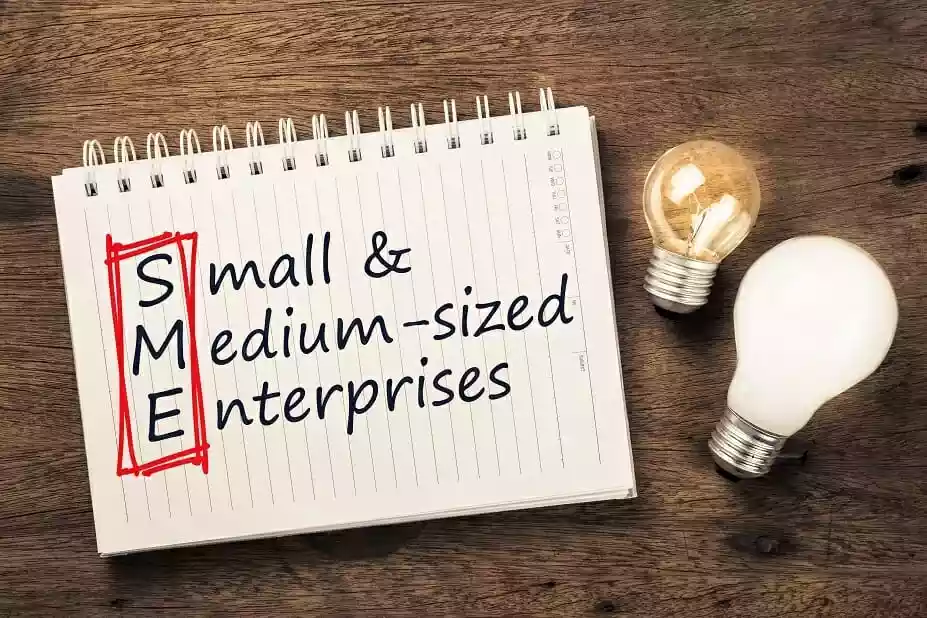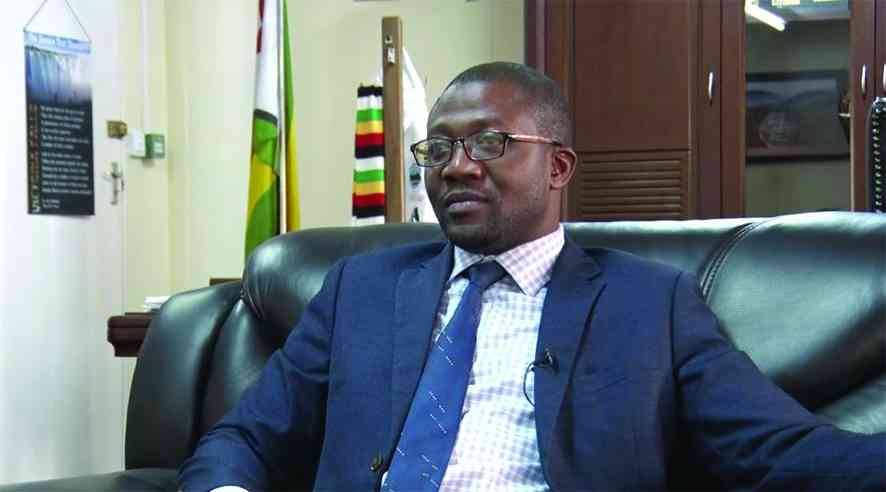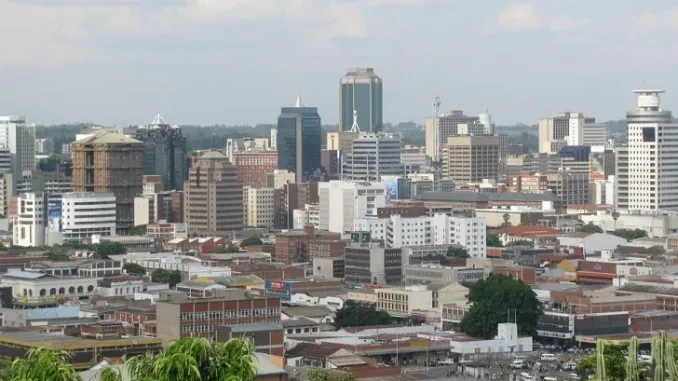
GOVERNMENT faces a financing gap of $800 million this year due to low revenue and high expenditure, amid fears it will borrow from the domestic market to plug the hole.
BY BUSINESS REPORTER
“The projected domestic loan repayments of $678,6 million and a budget deficit of $150 million, result in a financing gap of$828,6 million for the year 2016,” the Finance ministry said in its first quarter bulletin.
According to the first quarter treasury bulletin, government issued Treasury Bills worth $245 million on the domestic market during the period. Of the amount borrowed, $15,9 million went towards financing the budget deficit, while $229,1 million went towards debt repayment and other activities, it said.
The ministry said, in response to the undesirable budget outturn, government was instituting a cocktail of measures meant to boost revenues and rationalise expenditures.
“Government has issued various Treasury circulars instituting expenditure rationalisation measures. The measures are expected to yield savings of about $16 million,” it said.
The government has been under pressure due to the burgeoning wage bill, which takes over 80% of revenue, which has crowded out spending on social and capital projects.
- Chamisa under fire over US$120K donation
- Mavhunga puts DeMbare into Chibuku quarterfinals
- Pension funds bet on Cabora Bassa oilfields
- Councils defy govt fire tender directive
Keep Reading
In a recent report, the International Monetary Fund (IMF) said Zimbabwe cannot use fiscal policy to deal with adverse shocks, for its social and development needs, because it lacks the necessary resources and it spends too much on wage outlays.
“For the time-being, the budget needs to target a broadly balanced fiscal position, while reprioritising spending toward social and development outlays,” IMF said.
It said the stance would help restore fiscal sustainability and increase the capacity to repay the country’s external debt.
“The objective is to unlock foreign financing that could allow the government to run small-to-moderate deficits in response to adverse shocks and raise the spending levels for social and infrastructure needs,” IMF said.












